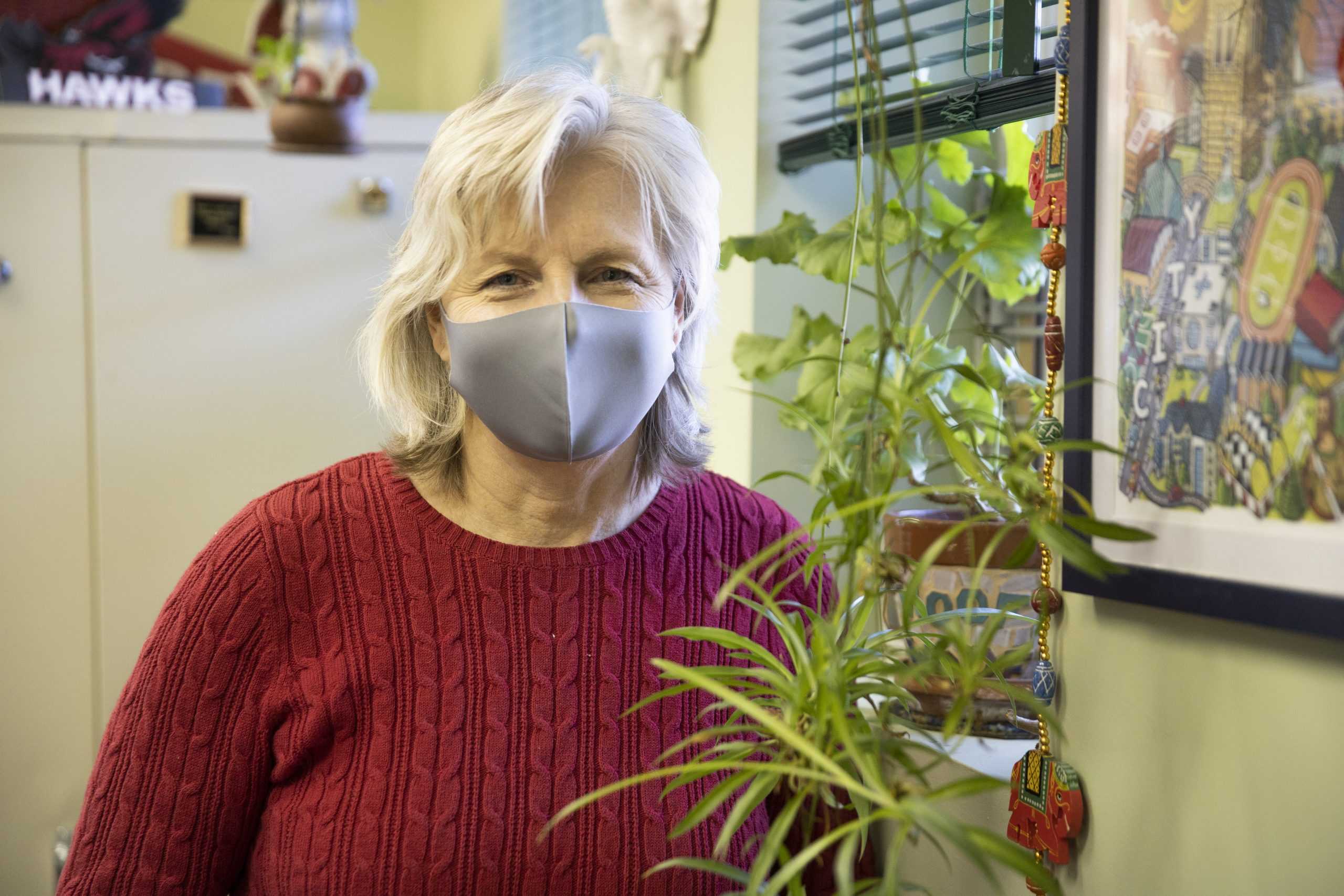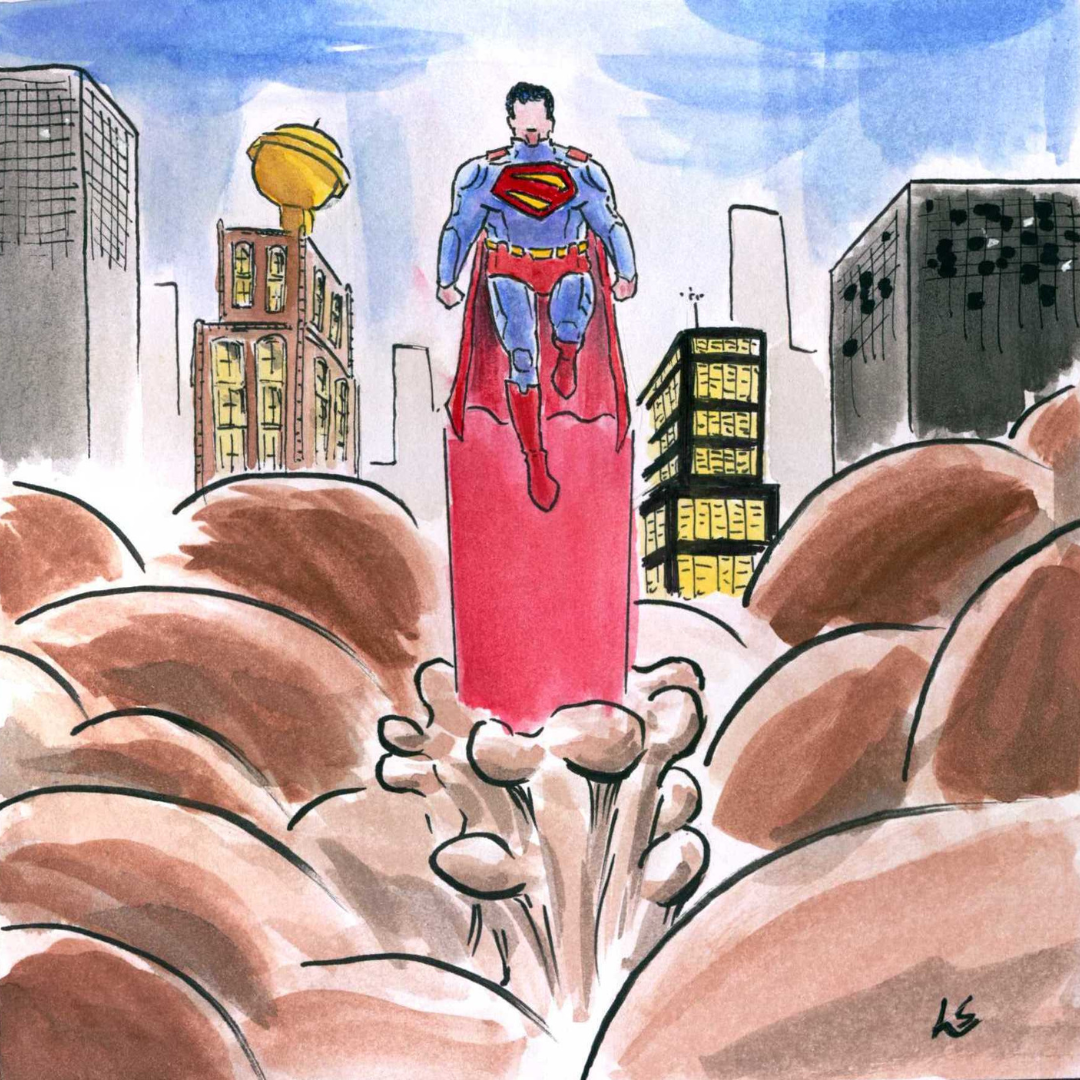The first year of college can be a rough adjustment. Add in a pandemic, and students are more stressed than ever. The SOAR program is one way St. Joe’s students can find a connection.
SOAR, which stands for “Students Offering Advice and Resources,” has been run since 2007 by the Office of Student Transitions. It pairs an upper-level student mentor with a first-year or transfer student who may be having trouble adjusting to campus life. Through one-on-one meetings, students are provided with advice, conversation and a connection with a new friend on campus.
“What makes it such a great program is that you can come to a mentor and talk about anything, from a minor issue like dining hall questions to a larger concern like roommate troubles or academic problems,” said Sam Bryk ’22, a SOAR mentor who also works in the Office of Student Transitions helping to recruit mentors and publicize the program.
Bryk, who became a mentor this semester, said she uses her own experience as a transfer student to help others. Arriving at St. Joe’s in fall 2019, following an unfulfilling first year at another university, Bryk felt lost.
“I knew that there definitely had to be more people that felt the same way as I did and I just didn’t know about it,” Bryk said.
Even though upper-level students didn’t face the challenge of starting college in a pandemic, some still struggled to transition to campus life. Those struggles inspire many SOAR mentors to apply for the program.
“I came to college, and it was like I became a wild child,” said Jovany Loredo ’22, a new SOAR mentor this semester. “I definitely strayed from what my purpose was for being here at school. I want to help other students who may be going through the same thing because I know it’s really rough and sometimes you just need somebody to listen to you.”
Nancy Komada, Ph.D., director of the Office of Student Transitions, has been working with the program for the past two years. Komada currently oversees the 19 mentors who are part of the program, 14 of whom are new this semester. So far this semester, 10 students have signed up for mentors.
“When a request comes in, we look at whether the student is homesick, the student hasn’t found their friend group, that kind of thing, and then pair them up,” Komada said. “Usually students want the same gender, not all the time but sometimes. I really try to keep them in the same college, so they have the same experience.”
Since the program involves mostly one-on-one communication, that approach has not been affected much by COVID-19. Students can still meet via Zoom, but Loredo said Komada has encouraged mentors to come up with other creative ways to meet.
“[She] really encouraged us to be face to face, getting coffee, sitting an appropriate distance apart or taking a walk around the campus, just to have that more personal connection,” Loredo said.
Komada said she believes the program, which she likened to Big Brothers Big Sisters of America, a nonprofit mentoring program, is valuable because students, not administrators, are making the connections.
“What we hear over and over again is that students respond better to their peers,” Komada said.














































